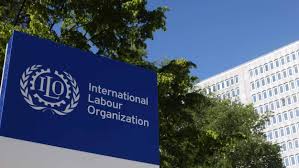
As automation, climate change, and demographic transitions redefine the world of work, the International Labour Organization (ILO) has introduced a new performance framework to help governments strengthen their labour administration systems and adapt to the rapidly changing employment landscape.
Developed in collaboration with ministries of labour across diverse regions and governance traditions, the framework provides a set of practical indicators that translate the United Nations Principles of Effective Governance into measurable tools for assessing efficiency, accountability, and impact within national labour systems.
The ILO explained that the framework consists of three key components:
-
Whole-of-ministry indicators to measure the overall effectiveness of labour ministries.
-
Service-specific indicators for areas such as labour inspection, employment services, social dialogue, and policy research.
-
A governance index offering a consolidated picture of institutional performance.
According to the organisation, strong labour administrations are essential for ensuring fair treatment of workers, providing predictable frameworks for employers, and maintaining industrial harmony in line with international labour standards.
However, the ILO noted that global labour systems are under growing pressure from technological disruption, informal employment, and economic uncertainty. The new framework, it said, aims to guide countries in modernising their governance approaches, strengthening coordination, and improving performance based on evidence and results.
ILO Director-General, Gilbert F. Houngbo, described the initiative as part of the organisation’s broader effort to “future-proof the governance of work” and support decent employment worldwide.
“The framework offers governments a practical roadmap to evaluate and improve labour administration, enhance trust, and ensure that no worker or employer is left behind in the changing world of work,” Houngbo said.



